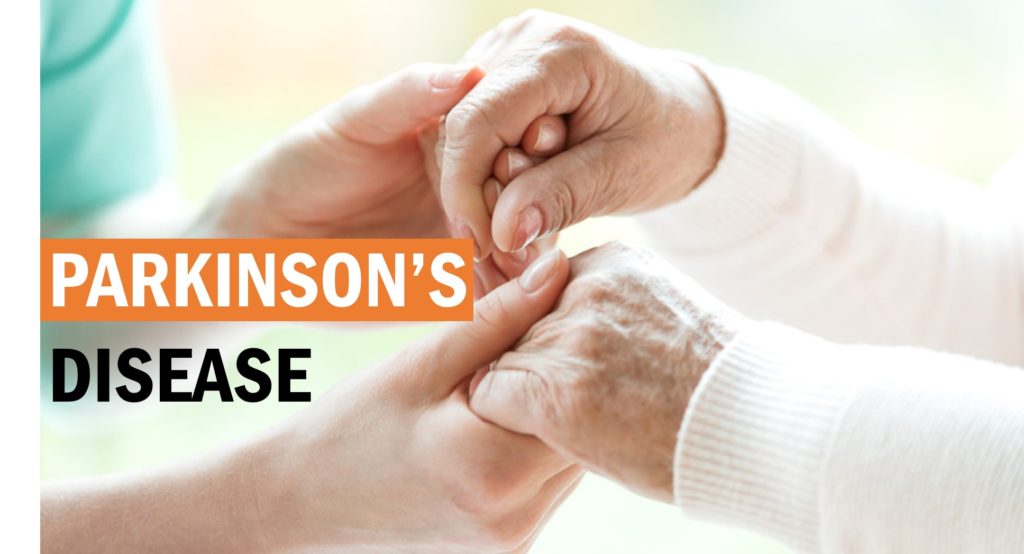WHAT IS PARKINSON’S DISEASE?
Parkinson’s disease is a progressive nervous system disorder that affects how you move your body. It starts occurring so slowly that you can’t even notice at first. But over the time it starts with a little shakiness in hands, can have an impact on how you walk, talk and think. You’re more likely to get it when you’re 60 and older. It’s also possible for it to start when you’re younger, but that doesn’t happen nearly as often. Although Parkinson’s disease can’t be cured, medications might significantly improve your symptoms. Occasionally, your neurologist for Parkinson’s disease may suggest surgery to regulate certain regions of your brain and improve your symptoms
WHAT DOES EXACTLY PARKINSON’S TO YOUR BRAIN?
Within your brain there is an area called substantia nigra. Some of its cells make dopamine, a chemical that is responsible to carry out response messages around your brain.
In Parkinson’s these cells start to die, so your dopamine level drops and you can’t fire off any messages to control your body. Earlier you won’t notice but as the number of dead cells increase, you will have significant symptoms.
HOW DOES PARKINSON’S AFFECT YOUR BODY? SYMPTOMS OF PARKINSON’S
The signs and symptoms can be different for everyone. The signs may include:
Tremor
Your hands, arms, legs, lips, jaw, or tongue are shaky when they are at rest. Know more about the types of tremor. [Click Here]
Rigid muscles
Muscle stiffness can occur in any part of the body and can be painful limiting your range of motion.
Impaired posture and balance
Posture may become stooped and you may experience balance problems.
Slow movements
It slows down your movements, making simple tasks difficult and time consuming. For example, your steps are shorter while walking and may drag your feet to walk.
Speech changes
You may speak softly, quickly, slur or hesitate before talking.
Writing changes
It may become hard to write, and your writing may appear small
CAUSES & RISK FACTORS OF PARKINSON’S DISEASE
CAUSES
Doctors aren’t sure why all those brain cells start dying. They think it’s a mix of your genes and something in the environment, but the reason is not straightforward.
Someone could have a change in a gene tied to Parkinson’s, but never get the disease. That happens a lot.
And a bunch of people could work side by side in a place with chemicals linked to Parkinson’s, but only a few of them end up with it. So risk is relatively small.
It’s a complex puzzle, and scientists are still trying to put all the pieces together.
RISK FACTORS
Age – People usually develop the disease around age 60 or older. Young adults rarely experience Parkinson’s disease.
Heredity – Having a close relative with Parkinson’s disease increases the chances that you’ll develop the disease.
Sex – Men are more likely to develop Parkinson’s disease than are women.
Exposure to toxins – Ongoing exposure to herbicides and pesticides may slightly increase your risk of Parkinson’s disease.
SEE ALSO: Common Neurological Disorders with Aging
HOW WILL MY NEUROLOGIST TEST FOR PARKINSON’S?
There is no test for Parkinson’s but based on your symptoms and health history, the treatments can be figured out.
If you do have it, your doctor might use what’s called the Hoehn and Yahr scale to tell you what stage of the disease you’re in. It ranks how severe your symptoms are from 1 to 5, where 5 is the most serious.
But keep in mind, some people could take up to 20 years to move from mild to more serious symptoms. For others, the change is much faster.

